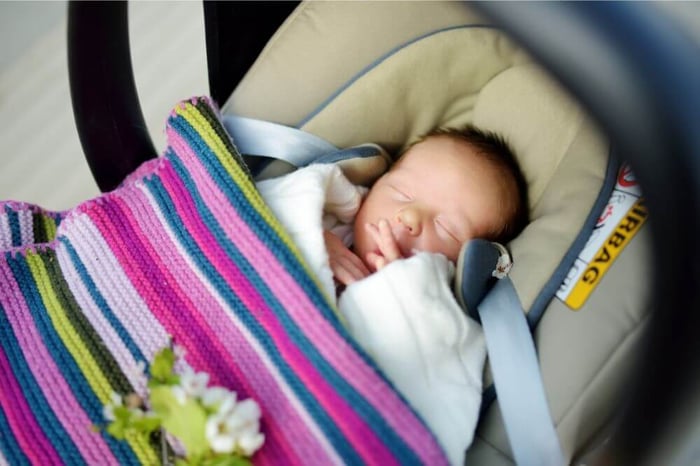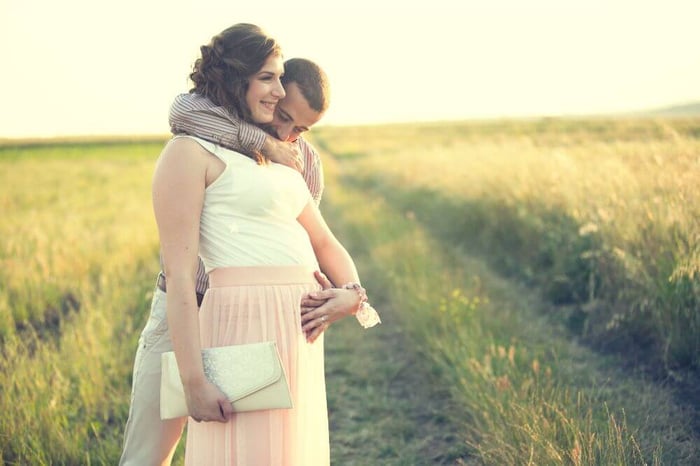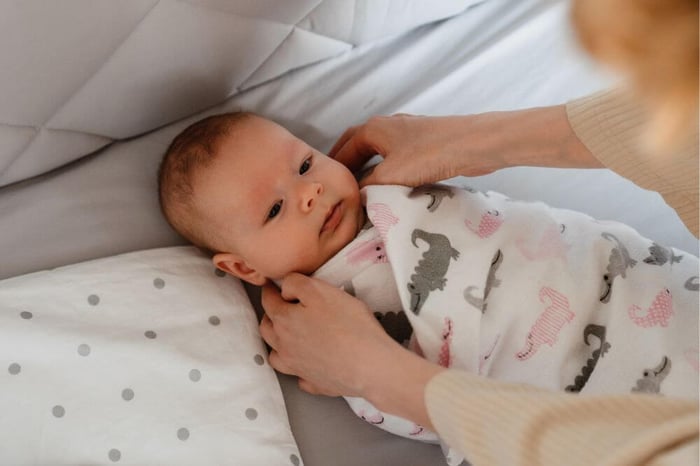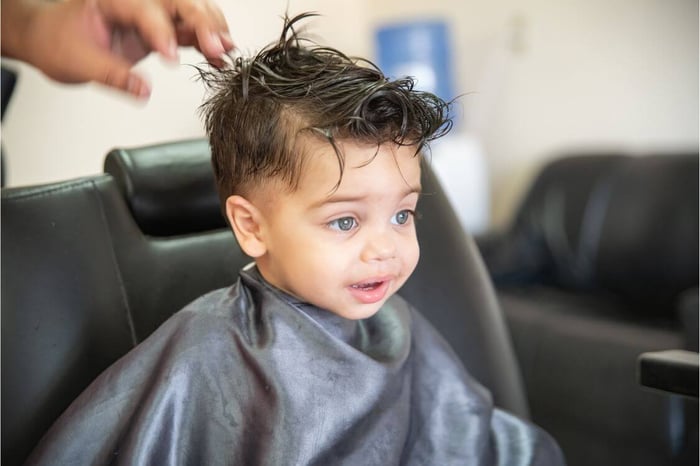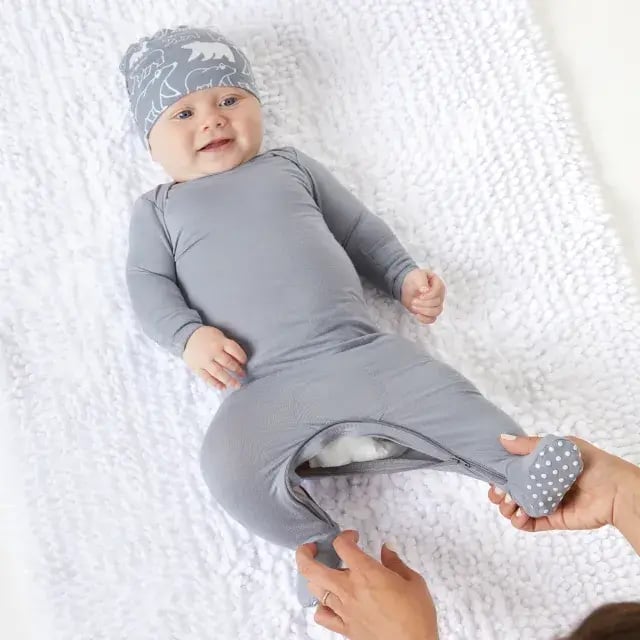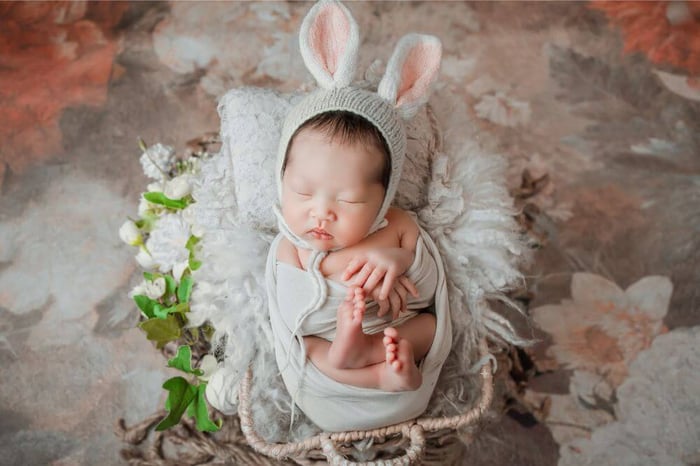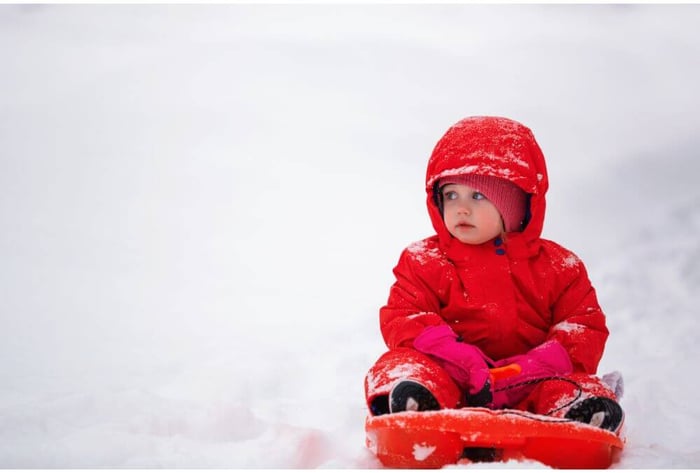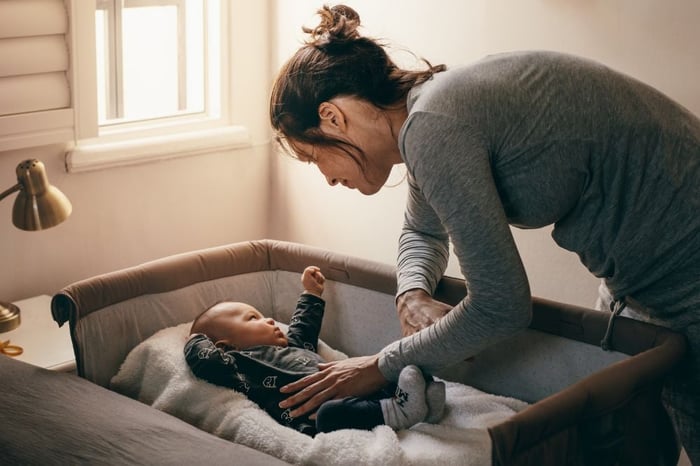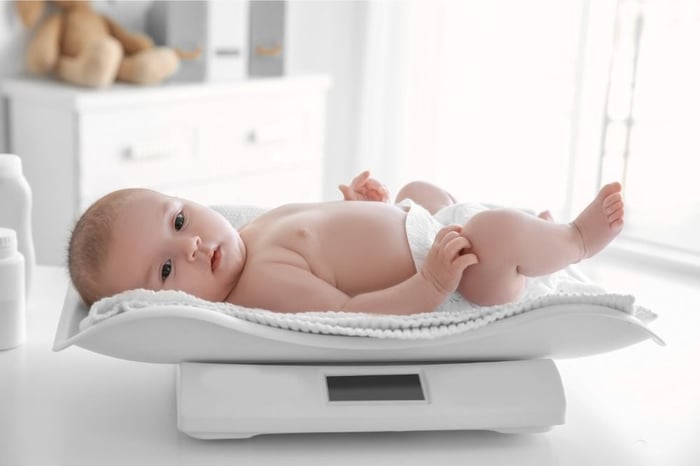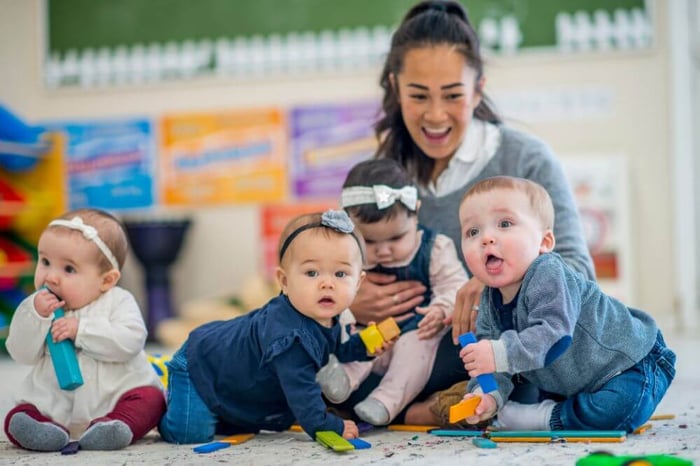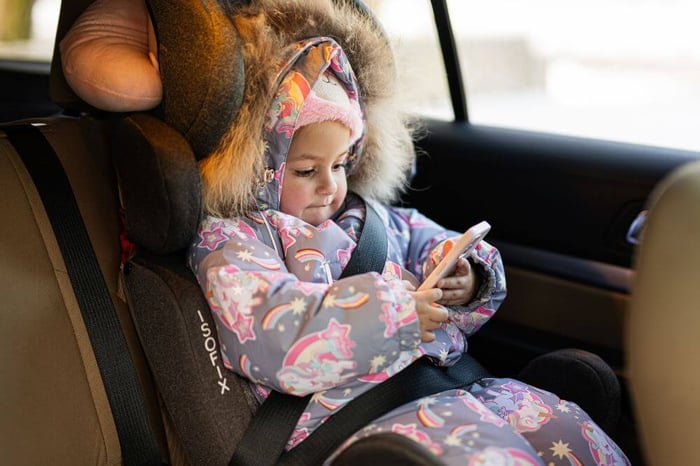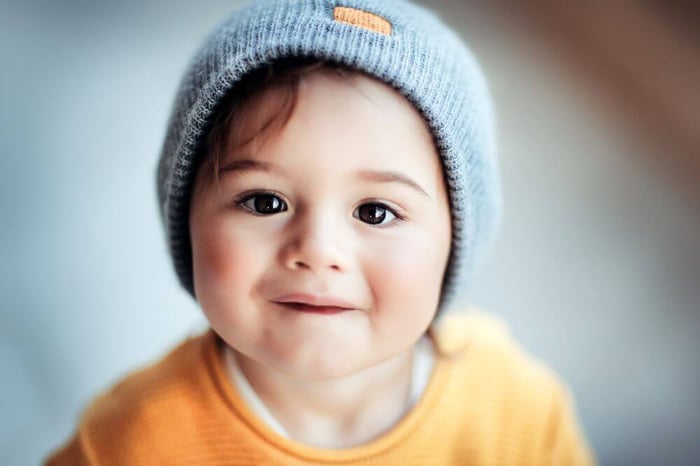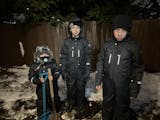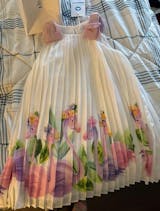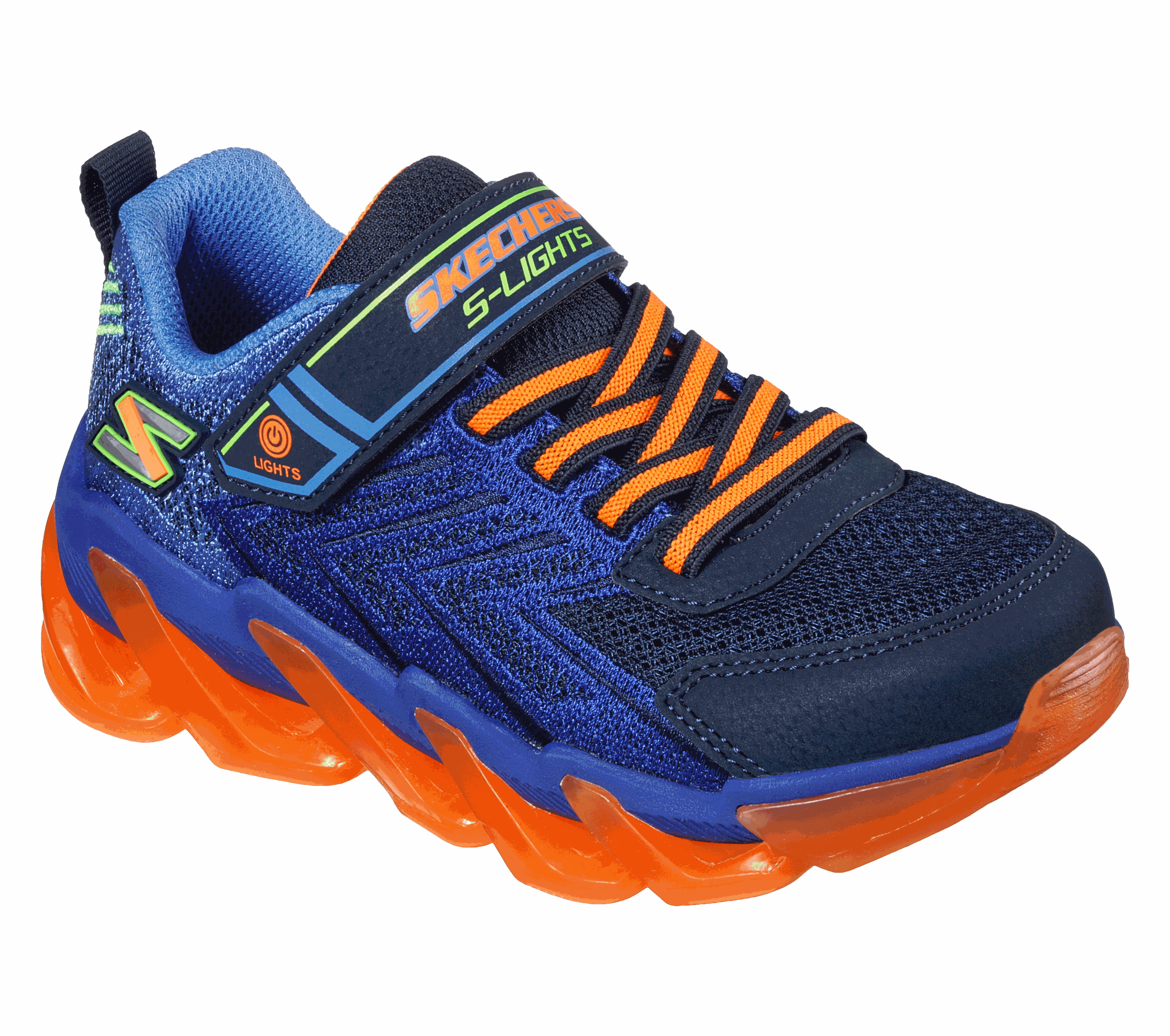How Many Sleeping Bags for Newborn? Welcoming a newborn into the world is a heartwarming and magical experience filled with wonder and sleepless nights. As new parents, ensuring your little ones are cozy and safe while they sleep is a top priority.
A recent study showed that about 70% of parents find baby sleeping bags essential for safe sleep, as they reduce the risk of Sudden Infant Death Syndrome (SIDS) by providing a consistent layer of warmth without loose bedding hazards (AAP Publications) (CDC).
So you might wonder, “How many sleeping bags do I need for my newborn?” The answer is important for ensuring your baby sleeps soundly and securely. In this guide, we’ll cover everything from the benefits of baby sleeping bags to practical tips for keeping them clean and ready.
Understanding Baby Sleeping Bags: What They Are and Why They're Beneficial
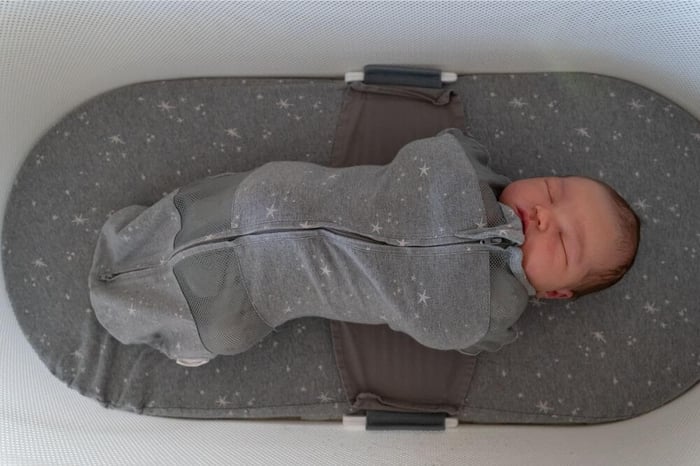
Before jumping into numbers, it's helpful to understand what baby sleeping bags are and why they’re beneficial. A baby sleeping bag is often a wearable blanket that can keep your baby secure and warm during sleep.
Unlike traditional blankets, which can be removed or pose suffocation risks, sleeping bags provide a snug, consistent layer of warmth without loose bedding hazards.
They come in various styles and fabrics for different needs; some are cozy for cold weather, while others are lightweight for warmer temperatures. With arm openings and a zipper, they’re easy to use and offer a secure, comforting environment for your baby.
How Many Sleeping Bags for Newborn?
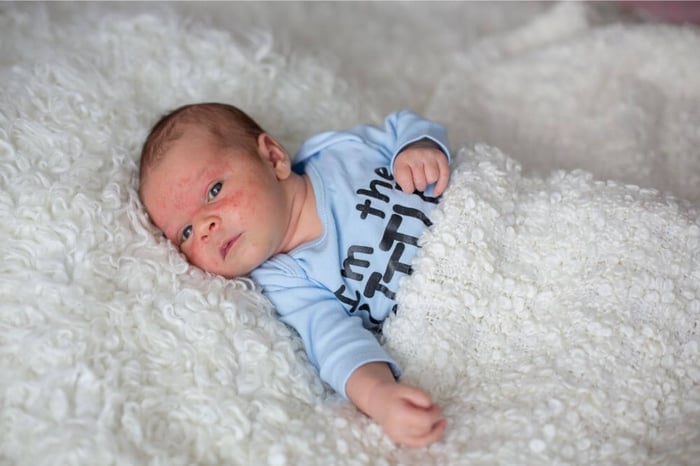
When it comes to the question of how many sleeping bags your newborn needs, the general recommendation is to have at least two to three. Here’s why having this number is ideal:
1. Ensures Cleanliness:
Babies are prone to messes, whether it's spit-up, diaper leaks, or other accidents. So having a couple of sleeping bags on hand ensures that you always have a clean one available while the other is in the wash. This prevents you from being caught without a suitable sleeping bag in a pinch.
2. Prevents Laundry Overload:
With multiple sleeping bags, you can manage laundry better. If you only have one, you'll end up doing laundry more frequently, which can become overwhelming. While having a few extra sleeping bags allows you to spread out the laundry load, making it more manageable.
3. Adapts to Growth and Temperature Changes:
As your baby grows, their sleeping bag needs may change. Having different sizes or styles of sleeping bags can help accommodate these changes. Additionally, varying sleeping bags with different TOG ratings (which indicate warmth) allow you to adjust to seasonal temperature changes, ensuring your baby stays comfortable year-round.
Choose the Right Number of Sleeping Bags
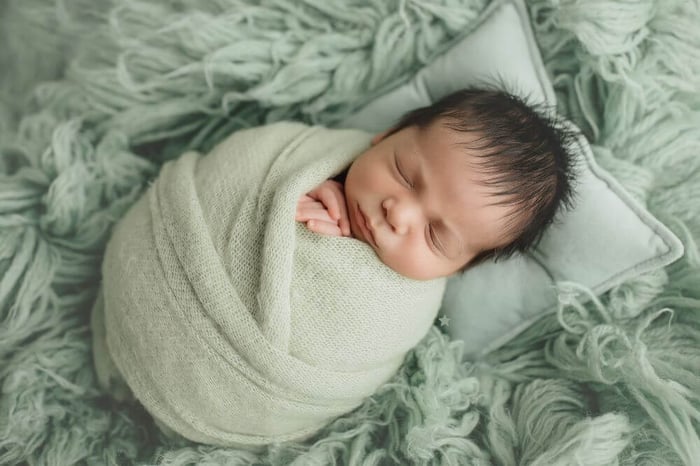
The number of sleeping bags you need may vary based on several factors:
1. Frequency of Washing:
If you prefer not to do laundry every day, having more sleeping bags can make life easier. This is especially useful if you have a busy schedule or prefer to keep a few spares handy.
Extra sleeping bags reduce the need for daily washes, allowing you more flexibility. This approach not only saves time but also ensures you always have a clean and ready-to-use sleeping bag available, minimizing the stress of last-minute laundry.
2. Travel and Daycare:
If your baby goes to daycare or spends time with grandparents, having a few extra sleeping bags ensures you’re always prepared. You might also want to keep an additional one in the diaper bag for on-the-go naps.
This way, your baby can have a familiar and comfortable sleep environment wherever they are. Extra sleeping bags offer convenience and reassurance, helping maintain your baby's sleep routine and comfort even when you're away from home.
3. Growth Spurts and Size Changes:
Babies grow quickly, so having a few different sizes of sleeping bags can be highly beneficial. This way, you’re not constantly buying new ones every few months.
Multiple sizes ensure you always have the right fit as your baby grows, adapting to their changing needs. Having a range of sizes ready allows for smooth transitions between growth stages without the hassle of frequent shopping trips.
Types of Sleeping Bags for Different Needs
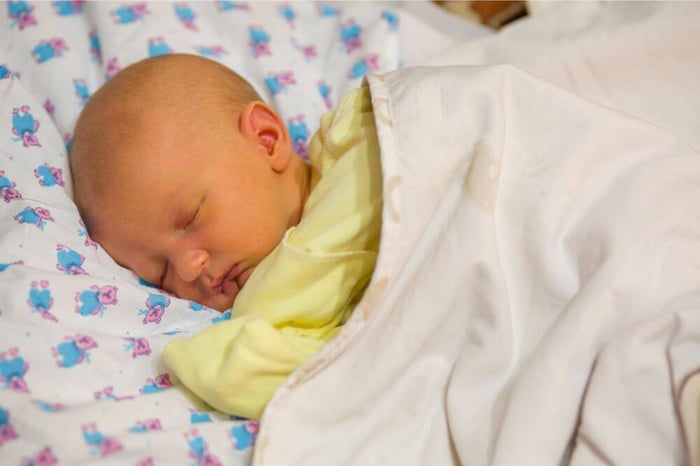
There are various types of sleeping bags designed for different stages and seasons:
1. Newborn Swaddle Sleep Bags:
Swaddle sleep bags are ideal for the earliest months, providing a snug fit that mimics the womb, which can help calm your newborn. They also help reduce the startle reflex, promoting better and longer sleep for your baby. Swaddle sleep bags also come with easy-to-use fastenings for quick diaper changes.
2. Standard Sleep Bags:
They are designed to accommodate more movement and come in various TOG ratings. Standard sleep bags offer a safe alternative to blankets and ensure your baby stays cozy without overheating. They're also available in a variety of adorable designs to suit your taste.
3. Footed Sleep Bags:
Once your baby starts to move around more, footed sleep bags can provide extra warmth and accommodate active little feet. These are perfect for babies who love to kick and move, offering freedom of movement while keeping them warm. Footed sleep bags often come with non-slip soles for added safety during playtime.
4. Armless Sleep Bags:
For warmer weather, opt for armless sleep bags made from breathable materials to keep your baby cool and comfortable. These sleep bags are great for ensuring your baby doesn't overheat, can sleep comfortably even on hot nights, and also lightweight and easy to pack for travel.
How to Care for Baby Sleeping Bags?
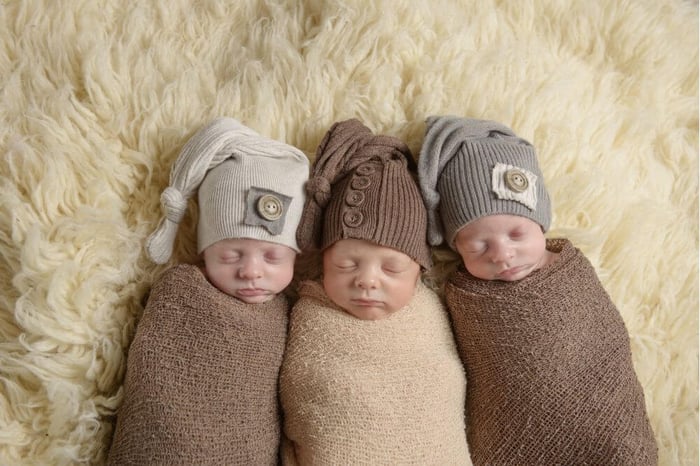
Proper care ensures that your baby’s sleeping bags remain in good condition. Here are a few tips:
1. Regular Washing:
It’s recommended that sleeping bags be washed frequently, especially if they become soiled. For the best results, follow the manufacturer’s care instructions. Use a gentle detergent, and always wash on a delicate cycle to maintain their quality.
As we know, regular washing is essential not only for cleanliness but also for removing any accumulated allergens, ensuring that the sleeping bag remains hygienic and safe for your baby.
2. Proper Storage:
Store sleeping bags in a clean, dry place, avoiding overcrowding to maintain their shape and functionality. Using breathable storage bags helps prevent mildew and keeps them fresh for longer periods.
Proper storage also protects the integrity of the fabric and ensures that the sleeping bags are readily available and in excellent condition whenever needed, making sure they’re always ready for your baby’s next use.
3. Monitor for Wear and Tear:
Check for any signs of wear, such as loose zippers or fabric damage, and replace sleeping bags as needed to ensure safety. Regularly inspect seams and fastenings to confirm they are secure and functioning correctly.
Monitoring for wear and tear is crucial as it helps maintain the safety and durability of the sleeping bags, allowing you to address issues promptly and extend their usability, providing ongoing comfort and security for your baby.
Where to Find Perfect Sleeping Bags for Newborns
Are you struggling to find the perfect sleeping bag for your newborn? Jenni Kidz has you covered. We are your one-stop shop for all things baby, offering a wide range of sleeping bags designed specifically for newborns. At Jenni Kidz, you can find sleeping bags designed to:
Age Category: Suitable for various developmental stages.
Size: Perfect fits for your growing baby.
Brands: Choices from trusted brands for quality you can rely on.
Complete your baby’s wardrobe with our swaddles, hair accessories, socks, and other essentials.
Enjoy free shipping on orders over $160 within the US and Canada, and take advantage of our flexible payment options—buy now and pay later. With Jenni Kidz, you can be confident that your baby will be cozy and stylish.
Conclusion
So, how many sleeping bags should you have for your newborn? The sweet spot is typically between two and six. This range allows you to be prepared for any situation, whether dealing with spills, temperature changes, or growth spurts. Remember, having a few options ensures that your baby remains warm, safe, and comfortable throughout their early years. By planning, you can focus more on enjoying those precious moments with your little one and less on the logistics of their sleep routine.
FAQ’s
1. Are sleeping bags OK for newborns?
Yes, sleeping bags are generally safe for newborns when used correctly. They provide a secure, consistent layer of warmth and eliminate the risks associated with loose bedding, such as suffocation or overheating. Ensure that the sleeping bag fits well and has no excess fabric, and follow safety guidelines for TOG ratings and appropriate sizes.
2. What are the rules for sleep sacks?
When using sleep sacks, follow these guidelines to ensure safety: choose the right size to prevent excess fabric around the baby, select an appropriate TOG rating for the room temperature, and avoid additional blankets or pillows in the crib. Ensure the sleep sack doesn’t have any loose threads and fastenings that could pose a choking hazard.
3. Can babies sleep without sleeping bags?
Yes, babies can sleep without sleeping bags, but it’s important to use safe alternatives to keep them warm and secure. If not using a sleep sack, ensure that the baby’s sleeping environment is free from loose blankets and pillows, and dress them in layers that are suitable for the room temperature to maintain their comfort and safety.

